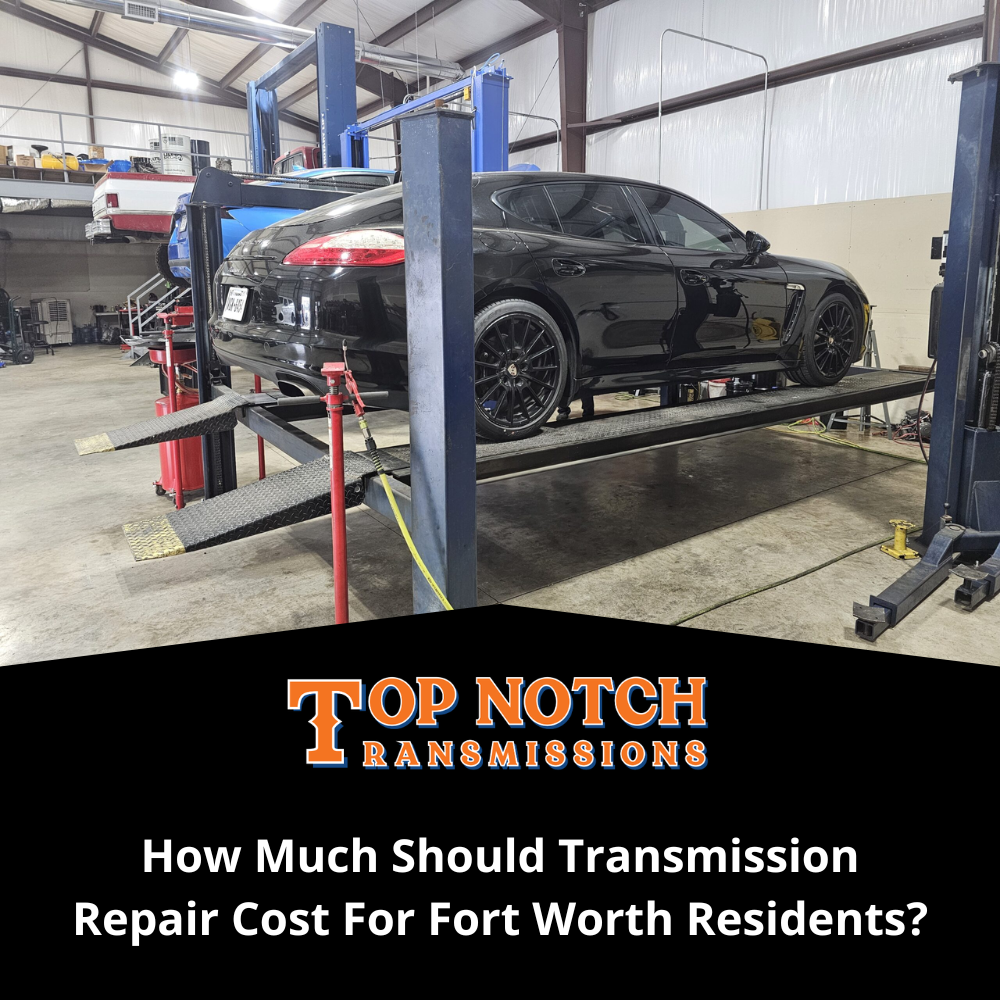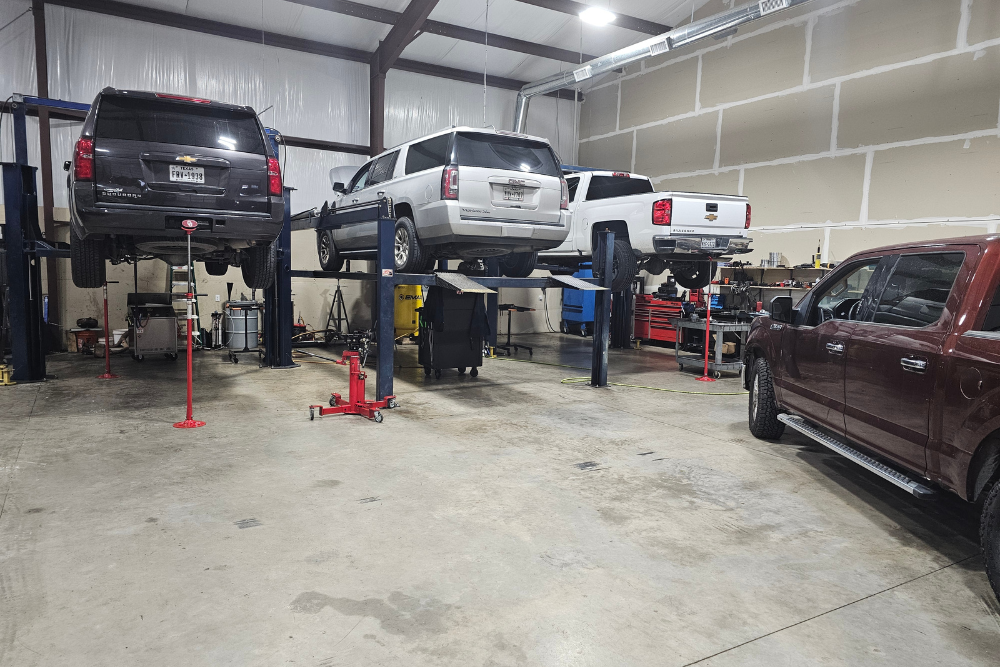
- Give Us A Call (817) 386-7592
- Get Directions
-
Financing Available

When your car refuses to shift into gear, it’s more than a minor inconvenience—it’s a sign that something is seriously wrong. At Top Notch Transmissions in Fort Worth, we help drivers quickly pinpoint and repair the cause, so they can get back on the road safely and confidently.
You hop in your car, start it up, and go to shift into gear—only nothing happens. The gear lever might move, but the car doesn’t respond. Or worse, the shifter won’t budge at all. Whether you’re driving an automatic or a manual transmission, your vehicle needs to engage the right gear to move. If it doesn’t, there’s a problem somewhere between your shift lever, your transmission system, and the components that link the two.
Understanding the possible causes behind this issue is the first step toward a fix—and often the difference between a simple repair and a costly rebuild.
If your car won’t go into gear at all, the transmission is failing to connect your engine to the wheels. This can happen in various forms:

Whether you’re dealing with a stuck shifter or complete gear engagement failure, it’s usually a sign of mechanical failure, fluid loss, linkage issues, or electrical problems.
Several issues can prevent your car from shifting into gear. Here are the most frequent culprits we see at Top Notch Transmissions:
1. Low or Degraded Transmission Fluid
If fluid levels are too low, your transmission may not generate enough hydraulic pressure to shift into gear—especially in automatics. Burnt or dirty fluid can also cause internal damage over time.
2. Faulty Clutch (Manual Transmission)
If you press the clutch pedal and your car still won’t go into gear, the clutch may not be disengaging properly. Worn clutch plates, damaged pressure plates, or failed hydraulic lines can all contribute to this issue.
3. Broken Shifter Linkage or Cables
The shifter linkage connects your gear lever to the transmission. If it breaks, stretches, or comes loose, your lever may move but won’t actually engage a gear.
4. Transmission Control Module (TCM) Failure
Modern automatic vehicles rely on electronic systems to control gear shifts. If the TCM fails or loses communication with sensors, your car may be stuck in neutral or park.
5. Damaged Torque Converter
In automatic transmissions, the torque converter is responsible for transferring engine power to the transmission. If it fails, you may lose all drive functionality.
6. Shift Interlock System Issues (Automatic)
The shift interlock is a safety feature that prevents shifting out of park unless the brake pedal is pressed. A malfunctioning interlock switch or brake light fuse can stop the shifter from moving altogether.
7. Internal Transmission Damage
If gears, bearings, or other internal parts are worn or broken, the transmission may fail to engage. This usually occurs after extended wear or driving with unresolved issues.
The first step is determining whether your car has a manual or automatic transmission, as the likely causes will vary. Then, observe the following:
This information helps a technician at Top Notch Transmissions narrow down the cause more quickly and accurately.
If your vehicle won’t go into gear at all, follow these steps:
A car that won’t go into gear isn’t just a repair issue—it’s a safety hazard. You could be left stranded or cause more damage trying to drive with a failing transmission. The earlier you catch the problem, the more affordable the fix.
Many issues, like a failed sensor or low fluid, are relatively simple repairs. But if left unresolved, they can cause chain-reaction failures throughout your transmission system. At Top Notch Transmissions, we believe in catching problems early and repairing them with care, using high-quality parts and years of hands-on expertise.
If your car won’t go into gear, don’t wait until it’s towed to a shop. Call Top Notch Transmissions in Fort Worth today to schedule a full diagnostic and let our team get your vehicle moving again—safely and reliably.
